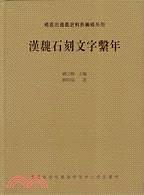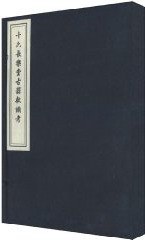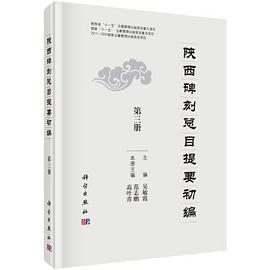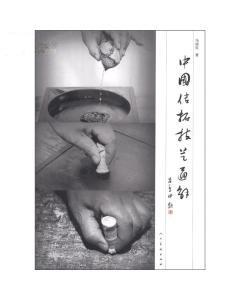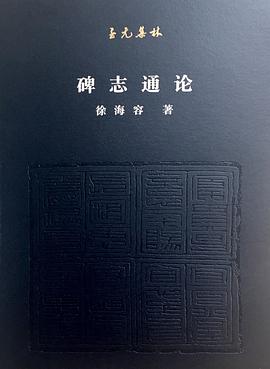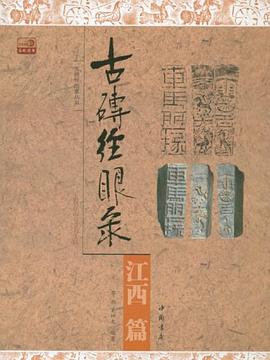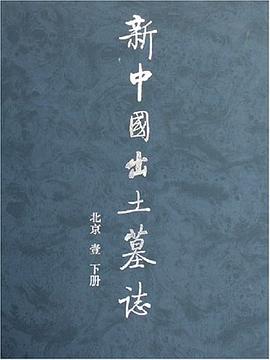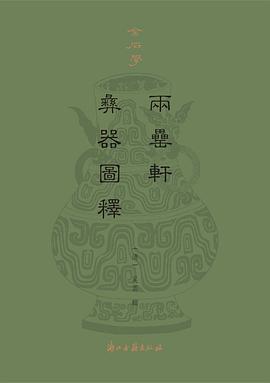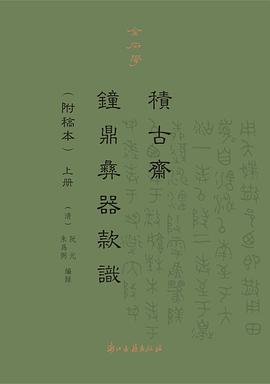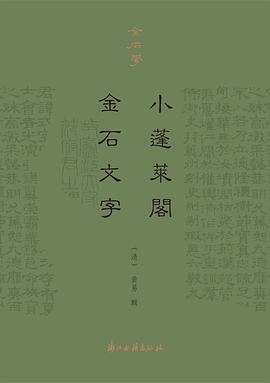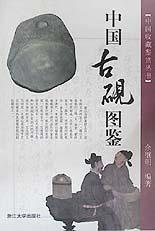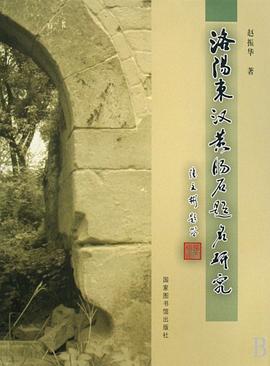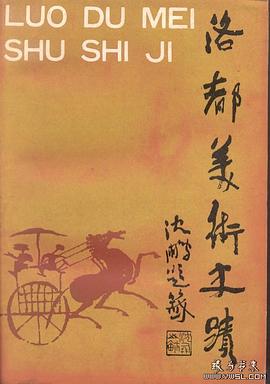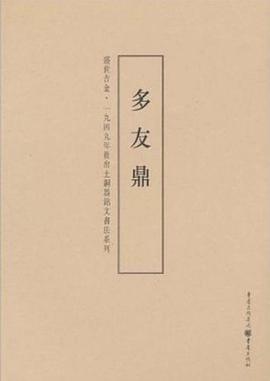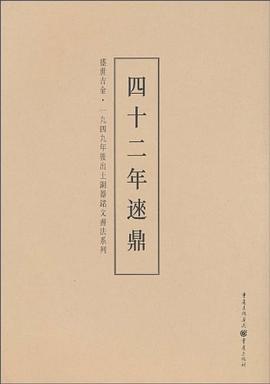

Charles Baudelaire (1821-67) was a leading poet and novelist in nineteenth who also devoted a considerable amount of his time to criticism. Indeed it was with a Salon review that he made his literary debut: and it is significant that even at this early stage - in 1845 - he was already articulating the need for a painter who could depict the heroism of modern life. This he was to find in Constantin Guys, whom he later celebrated in the famous essay which provides the title-piece for this collection. Other material in this volume includes important and extended studies of three of Baudelaire's contemporary heroes - Delacroix, Poe and Wagner - and some more general articles, such as those on the theory and practice of caricature, and on what Baudelaire, with intentional scorn, called philosophic art. This last article develops views only touched on in Baudelaire's other writings. This volume is extensively illustrated with reproductions of works referred to in the text and otherwise relevant to it. It provides a survey of some of the most important ideas and individuals in the critical world of the great poet who has been called the father of modern art criticism.
具体描述
读后感
Modern implies things new and different (from the past), and hence suggests a subtle semantic rejection of the past. In this small book, Baudelaire declared his breaking off from the classical past, especially the neo-classical style painting. He foresaw a ...
评分Modern implies things new and different (from the past), and hence suggests a subtle semantic rejection of the past. In this small book, Baudelaire declared his breaking off from the classical past, especially the neo-classical style painting. He foresaw a ...
评分Modern implies things new and different (from the past), and hence suggests a subtle semantic rejection of the past. In this small book, Baudelaire declared his breaking off from the classical past, especially the neo-classical style painting. He foresaw a ...
评分Modern implies things new and different (from the past), and hence suggests a subtle semantic rejection of the past. In this small book, Baudelaire declared his breaking off from the classical past, especially the neo-classical style painting. He foresaw a ...
评分Modern implies things new and different (from the past), and hence suggests a subtle semantic rejection of the past. In this small book, Baudelaire declared his breaking off from the classical past, especially the neo-classical style painting. He foresaw a ...
用户评价
the best version
评分I fall in love with you M. Baudelaire!!!!!!! 共鸣啊共鸣!
评分实话是没太读懂…
评分the best version
评分Remark: the last spark of Dandyism.
相关图书
本站所有内容均为互联网搜索引擎提供的公开搜索信息,本站不存储任何数据与内容,任何内容与数据均与本站无关,如有需要请联系相关搜索引擎包括但不限于百度,google,bing,sogou 等
© 2025 book.wenda123.org All Rights Reserved. 图书目录大全 版权所有


